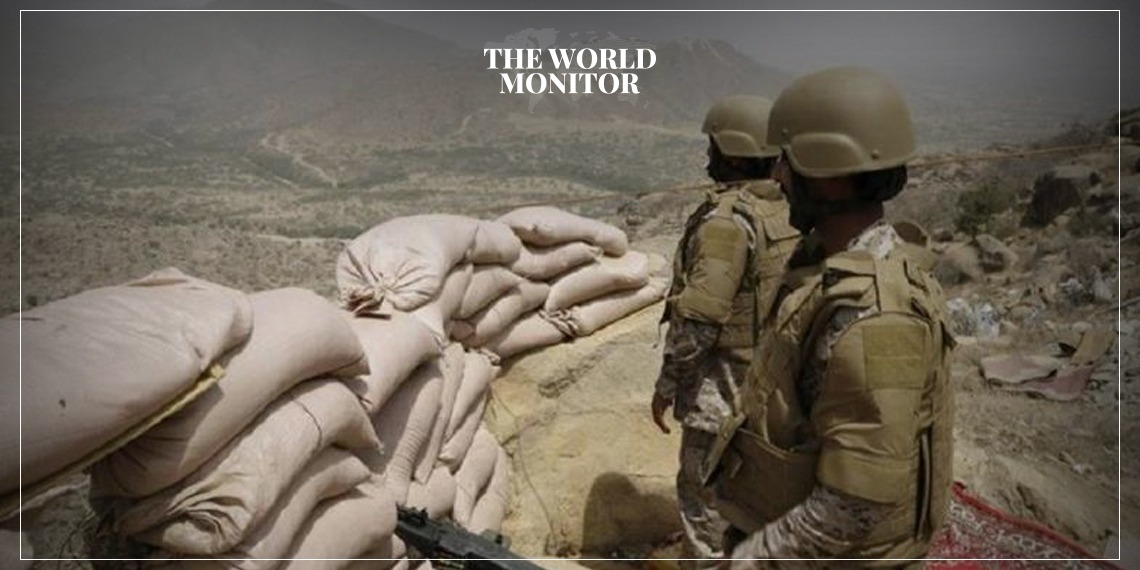Yemen, after a decade of conflict, remains one of the world’s 23 worst humanitarian and health emergencies, said Dr. Arturo Beccasan, the World Health Organization’s representative in Yemen.
In a videoconference press briefing for journalists in Geneva on Tuesday, Beccasan said that recent events in the Red Sea and attacks on Yemen, along with the worsening situation in the occupied Palestinian territories, could lead to a reversal of the hard-won progress towards peace and stability there.
Beccansan pointed out that up to 17.8 million people in Yemen will need health care this year, while 2.4 million children under the age of five – about half of Yemen’s children – are suffering from malnutrition.
He noted that only 51% of health facilities in Yemen are fully operational, while 36% offer limited services, and about 29% of operating hospitals do not have specialized doctors. The WHO official noted that it is not yet possible to measure the long-term impact of these indicators on health and development in Yemen, but their impact will continue for generations of Yemenis.
Beccansan said that the affected governorates are suffering from increasing insecurity and the worst health and development challenges. The province of Hodeida alone hosts 135,000 internally displaced families and 916 displacement camps, leading to increased social and economic concerns facing communities and health facilities. He noted that the province, as is the case in other parts of the country, is suffering from endemic diseases such as malaria, dengue fever, measles, diphtheria, and acute watery diarrhea suspected to be cholera.
Beccansan stressed that WHO is facing a severe shortage of humanitarian support in the country. He said that the funding gap in 2023 is 93%, and that the organization has been able to support 126 health facilities compared to about 227 in January 2022. This means that 101 health facilities that were providing life-saving services to entire communities have been dropped.
Beccansan warned that these figures have very direct and unimaginable consequences for human life. He added that Yemen is at a critical crossroads, and that the coming days will determine the future of more than 35 million people, whether humanitarian and development progress will be reversed or whether Yemen will embark on the path to peace.
The health crisis in Yemen is a major humanitarian tragedy that is having a devastating impact on the lives of millions of people. The international community must urgently step up its support for Yemen, and work to end the conflict that is causing so much suffering.






